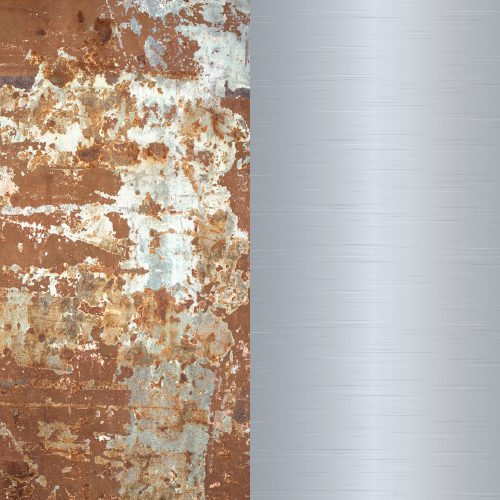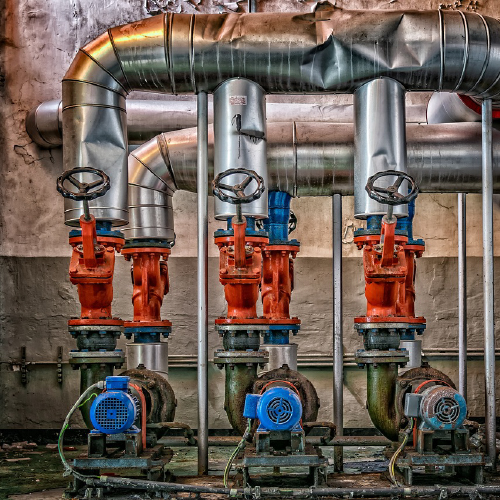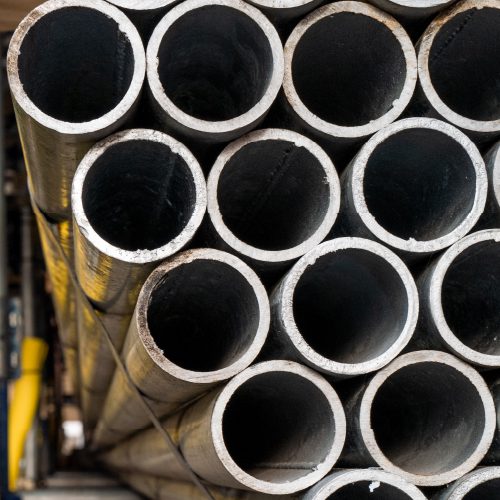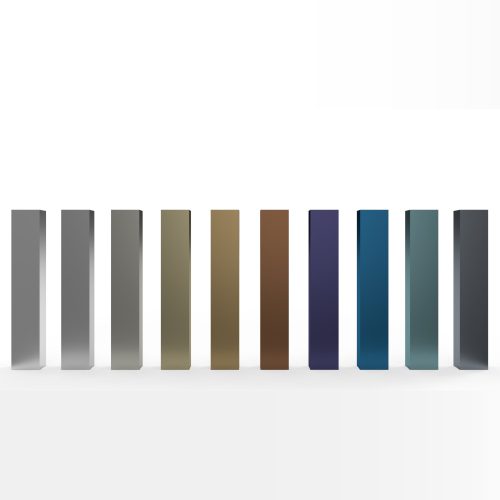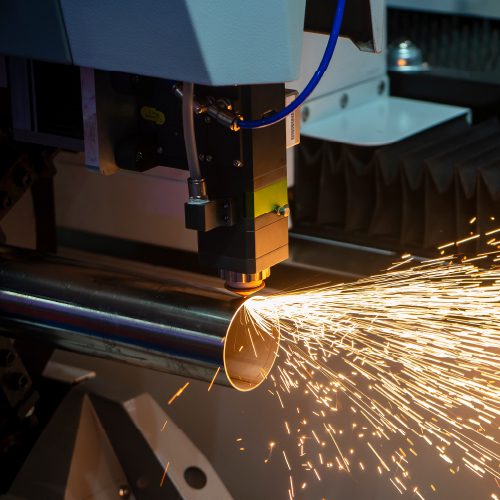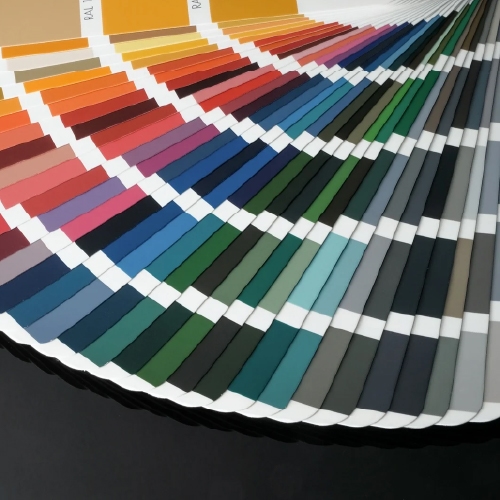Ball Valves 101: Design, Materials, Applications
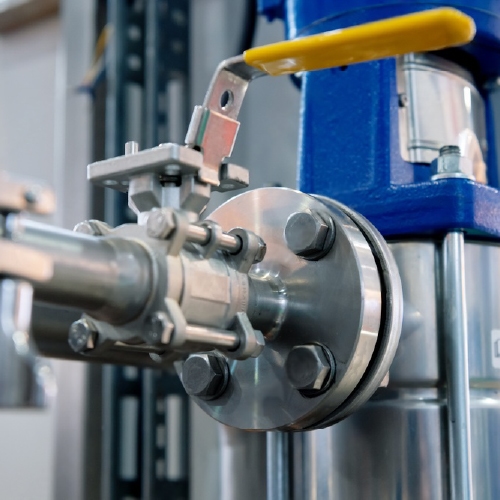
BALL VALVES 101: DESIGN, MATERIALS, APPLICATIONS
Overview Of This Article
- BALL VALVES 101: DESIGN, MATERIALS, APPLICATIONS
- Introduction to Ball Valves
- Ball Valve Design and Operation
- Types of Industrial Ball Valves
- Material Options for Ball Valves
- Ball Valve Applications
- Selecting the Right Ball Valve
- Raykam's Ball Valve Offerings
- Ball Valves 101: The Conclusion
- THANK YOU
- DON'T MISS ON LATEST ARTICLES!
- MORE RELATED ARTICLES
Introduction to Ball Valves
Ball valves are one of the most versatile and widely used valve types in various industries, known for their reliable performance, quick shutoff capabilities, and simple operation. At Raykam Alloys LLP, an ISO certified company, we specialize in manufacturing and supplying high-quality ball valves for diverse applications, offering a wide range of sizes, materials, and configurations to meet our customers' specific needs for custom manufactured ball valves.
Ball Valve Design and Operation
A ball valve consists of a spherical ball with a bore through its center, which is positioned between two seats within the valve body. The ball is connected to a stem, which is rotated by an actuator to control the flow. As the ball rotates 90 degrees (quarter-turn), it aligns or misaligns the bore with the valve body inlet and outlet, allowing or blocking the flow accordingly.
Key features of ball valves include:
- Quick and easy operation with a quarter-turn actuation
- Low pressure drop and high flow capacity
- Tight shutoff capabilities, even under high-pressure conditions
- Simple and compact design, requiring minimal maintenance
Types of Industrial Ball Valves
Ball valves are available in various designs, each with specific features and benefits to suit different application requirements. The main types of ball valves include:
Full Bore (Full Port) Ball Valves
Full bore ball valves have a ball with a bore diameter equal to the inner diameter of the connecting pipeline. This design allows for maximum flow capacity and minimizes pressure drop across the valve. Full bore valves are ideal for applications that require high flow rates and minimal flow restriction, such as in gas and oil pipelines, where pressure loss needs to be minimized. However, full bore valves tend to be larger and more expensive compared to reduced bore valves.
Reduced Bore (Reduced Port) Ball Valves
Reduced bore ball valves have a ball with a bore diameter smaller than the inner diameter of the connecting pipeline. This design offers a more compact valve size and reduced weight, making them cost-effective and suitable for applications with space constraints. Although reduced bore valves have a lower flow capacity compared to full bore valves, they still provide adequate flow for many applications. They are commonly used in water, steam, and chemical processing industries.
Floating Ball Valves
Floating ball valves have a free-floating ball that is not fixed to the valve stem. As the valve closes, the ball moves downstream, pressed against the downstream seat by the fluid pressure, creating a tight seal. This design provides excellent shutoff capabilities and is suitable for low to medium pressure applications. Floating ball valves are commonly used in general-purpose applications, such as water and gas distribution, and in smaller valve sizes.
Trunnion-Mounted Ball Valves
Trunnion-mounted ball valves have a ball that is fixed to the valve body by means of a trunnion, which is a cylindrical support on either side of the ball. This design prevents the ball from moving downstream and allows for higher pressure ratings and larger valve sizes compared to floating ball valves. Trunnion-mounted ball valves are ideal for high-pressure, high-temperature, and severe service applications, such as in oil and gas processing, power generation, and chemical industries.
Two-Piece Ball Valves
Two-piece ball valves have a body that consists of two parts - the main body and the end cap. The two parts are connected by threads or bolts, allowing for easy assembly and maintenance. Two-piece ball valves are commonly used in low to medium pressure applications and are available in smaller sizes. They offer a cost-effective solution for general-purpose applications, such as in water and gas distribution systems.
Three-Piece Ball Valves
Three-piece ball valves have a body that consists of three parts - two end caps and a center body section. This design allows for easy installation and maintenance, as the center section can be removed without disturbing the pipeline. Three-piece ball valves are suitable for medium to high pressure applications and are available in larger sizes compared to two-piece valves. They are commonly used in chemical processing, oil and gas, and power generation industries.
Split Body Ball Valves
Split body ball valves have a body that is split into two halves, which are bolted together. This design allows for in-line maintenance and repair without removing the valve from the pipeline. Split body ball valves are suitable for medium to high pressure applications and are available in larger sizes. They are commonly used in oil and gas, chemical processing, and power generation industries.
V-Port and Characterized Port Ball Valves
V-port and characterized port ball valves have a modified ball with a V-shaped or contoured opening, which provides better flow control and throttling capabilities compared to standard ball valves. The V-shaped or contoured opening allows for a more linear flow characteristic, making it easier to control the flow rate. These valves are commonly used in applications that require precise flow control, such as in chemical dosing, gas blending, and process control loops.
Material Options for Ball Valves
The choice of material for a ball valve depends on the application requirements, such as pressure, temperature, and media compatibility. Common materials include:
- Stainless Steel:
Various grades (304, 316, 316L, etc.) offer excellent corrosion resistance, making them suitable for chemical processing, food and beverage, and pharmaceutical applications. - Carbon Steel:
Economical choice for general-purpose applications with non-corrosive media, such as water, oil, and gas. - Nickel Alloys:
Materials like Hastelloy, Monel, and Inconel provide superior resistance to high temperatures, corrosion, and wear, ideal for extreme conditions in oil and gas, chemical, and power generation industries. - Titanium:
Lightweight and highly corrosion-resistant, titanium ball valves are used in offshore, marine, and chemical processing applications. - Exotic Alloys:
Duplex, Super Duplex, Nickel Alloys and other specialty alloys offer exceptional performance in demanding environments, such as seawater, high-chloride, and sour gas services
Seat and seal materials also play a crucial role in ball valve performance. Common options include PTFE (Teflon), RPTFE (reinforced PTFE), Nylon, and Delrin, selected based on temperature, pressure, and chemical compatibility requirements.
Ball Valve Applications
The versatility and reliability of ball valves make them suitable for a wide range of industries and applications, including:
- Oil and Gas:
Upstream (drilling and production), midstream (pipelines and storage), and downstream (refineries and petrochemicals) operations. - Power Generation:
Control and isolation of steam, water, and fuel in thermal, combined cycle, and nuclear power plants. - Chemical Processing:
Handling of various chemicals, solvents, and corrosive media in process lines, storage tanks, and transfer systems. - Water and Wastewater Treatment:
Flow control and isolation in water distribution networks, treatment plants, and irrigation systems. - Food and Beverage:
Hygienic and sanitary applications in food processing, dairy, and beverage production lines. - Pharmaceuticals and Biotechnology:
Clean and sterile applications in pharmaceutical manufacturing, biotechnology, and medical device industries. - Pulp and Paper:
Handling of corrosive chemicals, steam, and process fluids in pulp and paper mills. - Aerospace and Defense:
Fuel systems, hydraulics, and pneumatics in aircraft, spacecraft, and military vehicles. - General Industrial:
Various applications in manufacturing, automotive, textile, and other industrial sectors.
Our goal is to provide you with valve solutions that seamlessly integrate into your process, optimize performance, and meet your unique operational challenges.
Selecting the Right Ball Valve
Choosing the right ball valve for your application involves considering several key factors:
- Pressure and Temperature Rating:
Ensure that the valve's pressure and temperature ratings match or exceed the process requirements. - Media Compatibility:
Select valve materials that are compatible with the process media to prevent corrosion, erosion, or chemical attack. - Size and End Connections:
Choose the appropriate valve size and end connections (flanged, threaded, welded, etc.) to match the pipeline specifications. - Actuation:
Consider the required actuation method (manual, pneumatic, electric, or hydraulic) based on the application and automation needs.
Raykam's experienced engineering team can assist you in selecting the right ball valve configuration, material, and actuation for your specific application, ensuring optimal performance and reliability
Raykam's Ball Valve Offerings
At Raykam Alloys LLP, we offer a comprehensive range of ball valves to meet the diverse needs of our customers:
- Sizes:
From 1/4 inch to 24 inches in diameter - Pressure Ratings:
ANSI Class 150 to 2500 (PN 10 to PN 400) - Materials:
Stainless steel, carbon steel, alloy steels, titanium, and exotic alloys - Configurations:
Full bore, reduced bore, floating ball, trunnion-mounted, two-piece, three-piece, and split body designs - Actuation:
Manual, pneumatic, electric, and hydraulic options
Our ball valves are manufactured in compliance with international standards, including API 6D, API 608, ASME B16.34, BS 5351, and DIN 3202. We maintain strict quality control procedures, including 100% hydrostatic testing, PMI (Positive Material Identification), and NDT (Non-Destructive Testing) to ensure the highest level of quality and reliability.
In addition to our standard offerings, we specialize in providing customized ball valve solutions for unique application requirements. Our engineering team works closely with customers to design and manufacture ball valves that meet specific performance, material, and dimensional specifications.
Ball Valves 101: The Conclusion
Ball valves are a versatile and reliable choice for a wide range of flow control applications across various industries. With their quick operation, tight shutoff capabilities, and low maintenance requirements, ball valves offer an efficient and cost-effective solution for process control and isolation.
At Raykam Alloys LLP, we are committed to providing our customers with high-quality ball valves that deliver consistent performance and long-lasting durability. With our extensive product range, customization capabilities, and adherence to strict quality standards, we are your trusted partner for all your ball valve needs. Contact Raykam today to discuss your requirements and learn how our solutions can optimize your process efficiency and reliability.
THANK YOU
DON'T MISS ON LATEST ARTICLES!
SIGN UP NOW!


